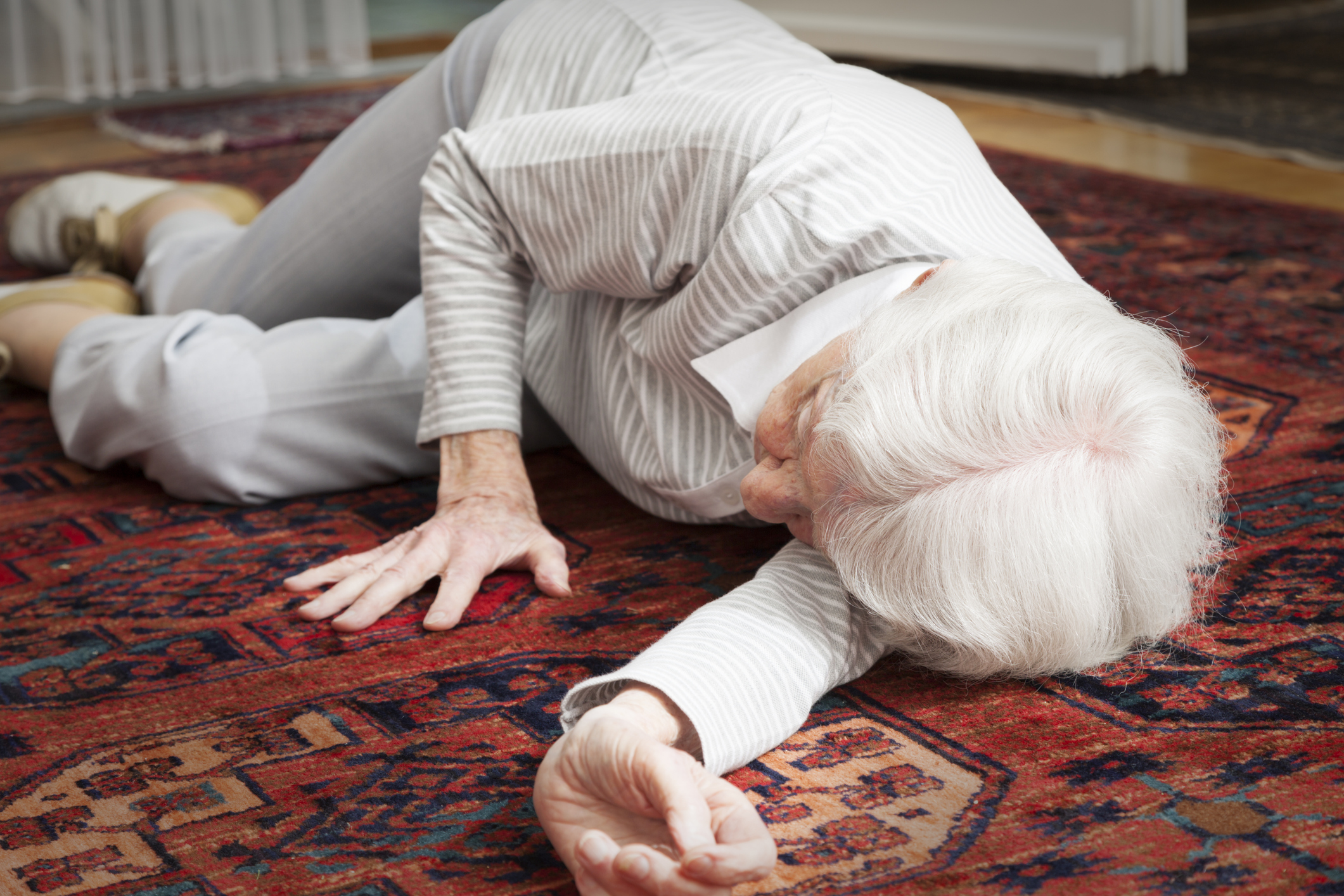 Written By: Jennifer Darby PT, DPT, GCS, CCN, CPAHA, CEEAA
Written By: Jennifer Darby PT, DPT, GCS, CCN, CPAHA, CEEAA
Since the COVID-19 pandemic, has anyone noticed a significant decline in function in patients who were active a year ago? Maybe it’s not even a patient, but maybe it is your parent, aunt, or uncle. Along with a global pandemic comes quarantine and lockdown restrictions. With this being said, some areas are hit harder than others. For example, since the beginning, NY has been quite an epicenter for this virus.
My main job these days involves treating homecare patients and I have noticed a significant decline in function from my patients, who only a year ago, were able to leave their homes to go to a grocery store or doctor’s office. Back then, with my patients leaving their home several times a week, allowed them to be able to walk on uneven surfaces. For example, they could walk to and from their cars and into their destination of choice or even meet their friend or family member out for lunch. What my patients did not realize, is that these outings did not only provide fresh air, but also provided different natural exercises including balance and other functional activities.
Research has shown that exercising as little as twice a week is enough to at least maintain function. However, with the current restrictions and possibly forced quarantine, these patients have stopped leaving their homes and have stopped getting the exercise they did not even realize they needed. With this being said, it is difficult to predict how many elderly were affected in this particular way, but based on my current caseload, at least 50% includes these patients who lost significant function because they have stopped leaving their house. The amount of therapy that they will need to regain their functional loss is unpredictable. Additionally, with the elderly population being confined to their homes, the injuries due to falls have increased drastically. Despite the COVID pandemic, falls among the elderly population is the #1 reason for ER visits. Furthermore, approximately, 20% of patients who sustain a fracture from a fall do not live through the next year and 70% of patients that fall will fall again within the next year.
restrictions and possibly forced quarantine, these patients have stopped leaving their homes and have stopped getting the exercise they did not even realize they needed. With this being said, it is difficult to predict how many elderly were affected in this particular way, but based on my current caseload, at least 50% includes these patients who lost significant function because they have stopped leaving their house. The amount of therapy that they will need to regain their functional loss is unpredictable. Additionally, with the elderly population being confined to their homes, the injuries due to falls have increased drastically. Despite the COVID pandemic, falls among the elderly population is the #1 reason for ER visits. Furthermore, approximately, 20% of patients who sustain a fracture from a fall do not live through the next year and 70% of patients that fall will fall again within the next year.
Based on this information, it is time to weigh the risks of COVID-19, and as therapists, think of ways to assist our elderly population to help them maintain their daily functions.
